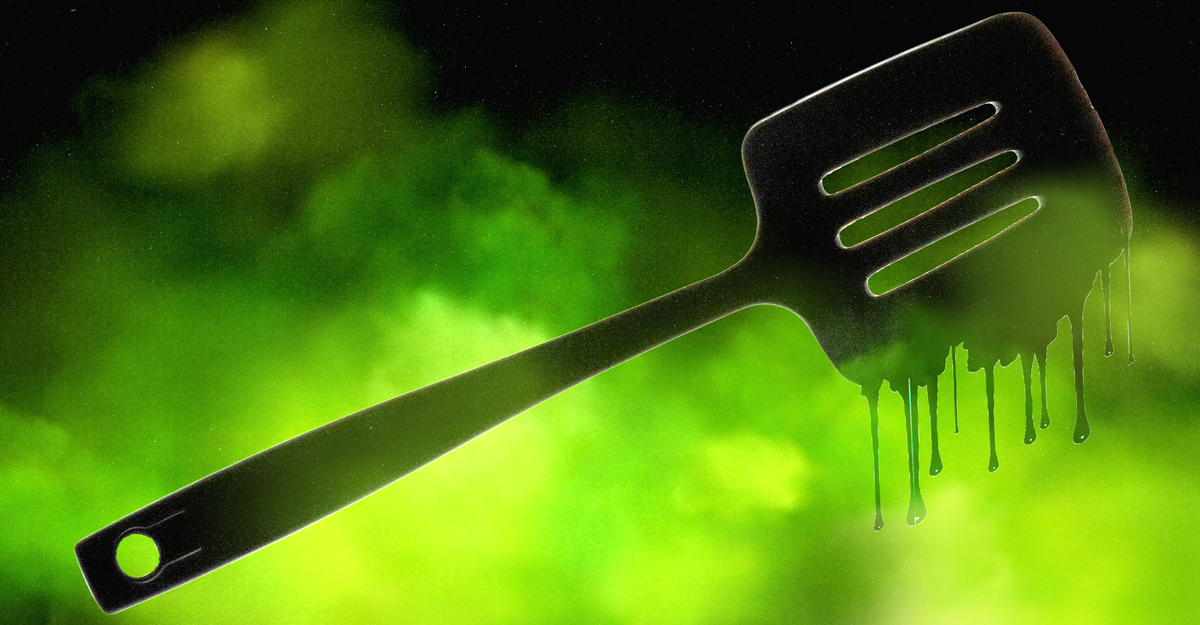Cooking with any plastic is a dubious enterprise, because heat encourages potentially harmful plastic compounds to migrate out of the polymers and potentially into the food. But, as Andrew Turner, a biochemist at the University of Plymouth recently told me, black plastic is particularly crucial to avoid.
In 2018, Turner published one of the earliest papers positing that black plastic products were likely regularly being made from recycled electronic waste. The clue was the plastic’s concerning levels of flame retardants. In some cases, the mix of chemicals matched the profile of those commonly found in computer and television housing, many of which are treated with flame retardants to prevent them from catching fire.



A new cast iron pan should be washed with soap and water. They’re usually coated with something you don’t want to be eating to keep them from rusting from the factory to your home. You scrub that off and then season it.
Huh, good to know - I’ve only ever used old ones. They always clean off pretty easy with just water and a firm dish brush.
After Googling a bit, it turns out dish soaps were much more powerful in the past, which is why old people always say not to use dish soap in a pan. Newer soaps are generally milder and won’t damage the seasoning. It never occurred to me to question it. Thanks!
I’ll probably keep going without soap though, but it’s nice to know I can be a little less fanatic about it. :)